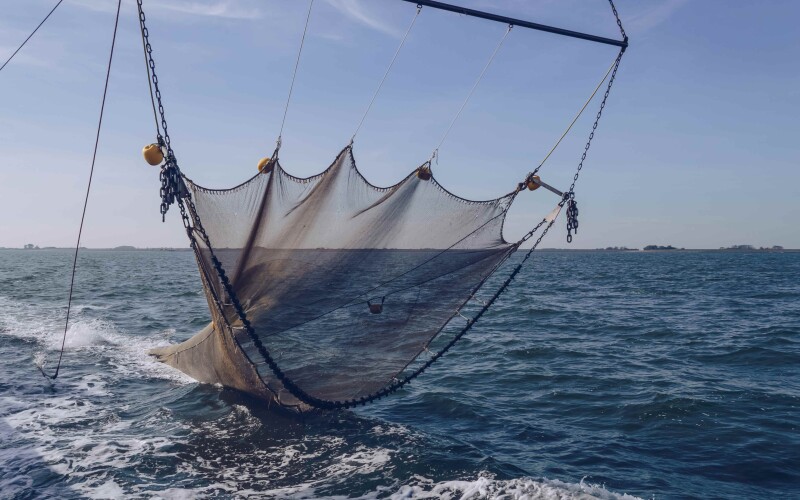NOAA postponed the Northern Bering Sea Effects of Trawling Study (NETS), a controversial bottom trawling experiment. Tribal and environmental groups, determined to sue to block the project's progress, accepted the decision to postpone the study this year.
NETS was set to be an experiment to examine the impacts of commercial bottom trawling in a banned area in the Bering Sea. According to the official study, shifts in fish populations due to climate change may increase the need for bottom trawling in the future. Bottom trawling, also known as dragging on the seafloor, produces about one-half as much food as global beef production, according to a 2022 NF article.
The study was designed to be a multi-year project conducted by the Alaska Fisheries Science Center, part of the National Marine Fisheries Service (NMFS). The decision to postpone came in a letter from the director of NOAA Fisheries, Janet Coit, who directly emailed tribal organizations that opposed the study.
The letter sent on Feb. 23 said, “To provide more space for continued dialogue, NOAA Fisheries has decided not to move forward with the NETS research project this year. We value our responsibilities to and partnerships with Alaska Native communities and want to ensure NOAA is creating space for respectful dialogue and trust building.”
“We are eager to further engage with you on that prospective project, and more broadly, to discuss the research plans NOAA has to improve understanding of the impacts of climate change, fishing practices, and other activities on our ocean ecosystems,” Coit said.
The Center for Biological Diversity and tribal organizations filed a 60-day notice on Feb. 8 to sue NOAA Fisheries and the U.S. Fish and Wildlife Service to stop NETS. They claim that the study violates section 7 of the Endangered Species Act, which includes potential damage to ringed and bearded seals and spectacled eiders, according to Anchorage Daily.
Alaska representative for the Center of Biological Diversity, Cooper Freeman, told ADN, “The project isn’t canceled. They’ve only decided to cancel this summer. We certainly don’t see this as over at all, but it’s a big win for the moment.”







